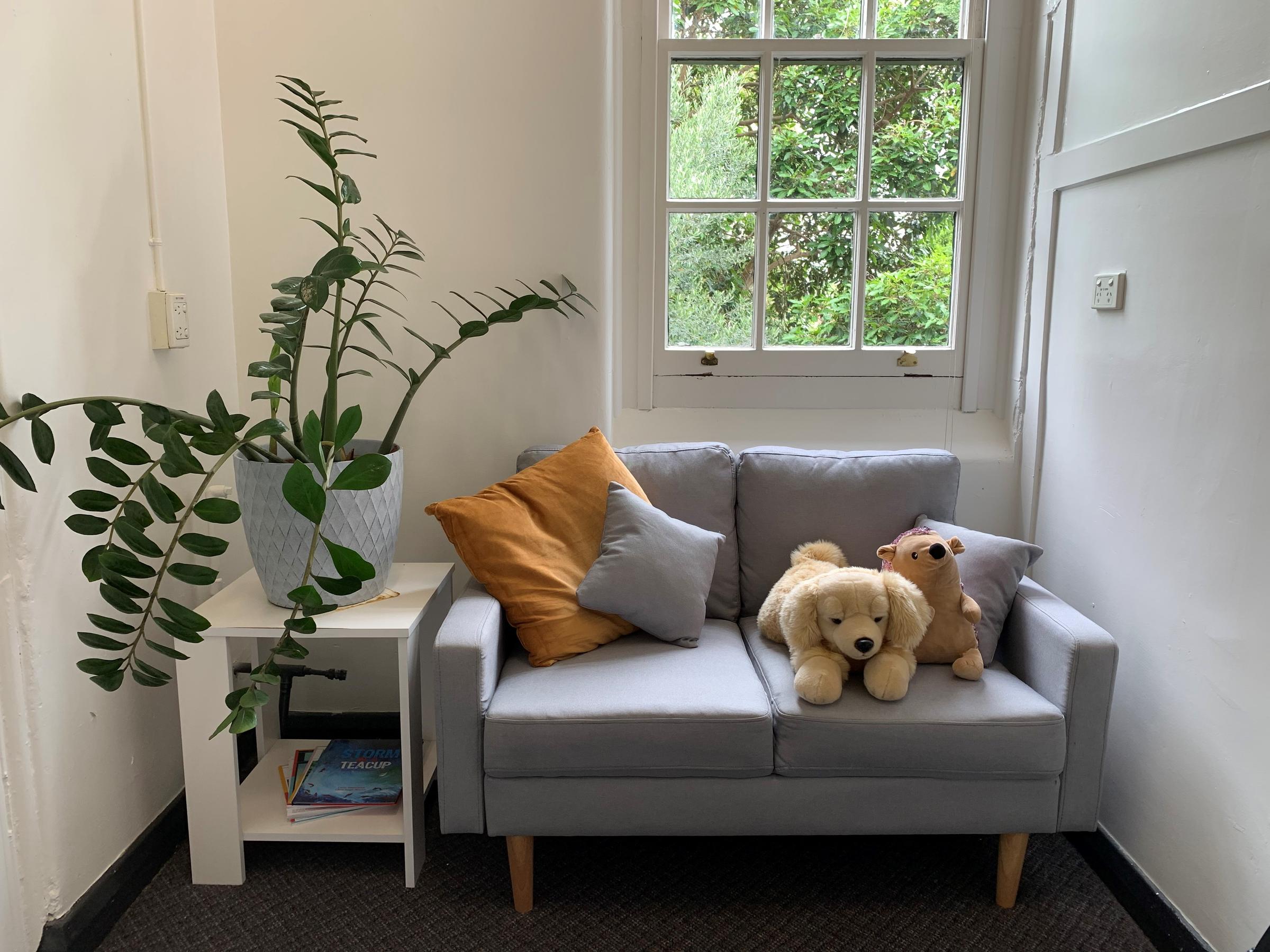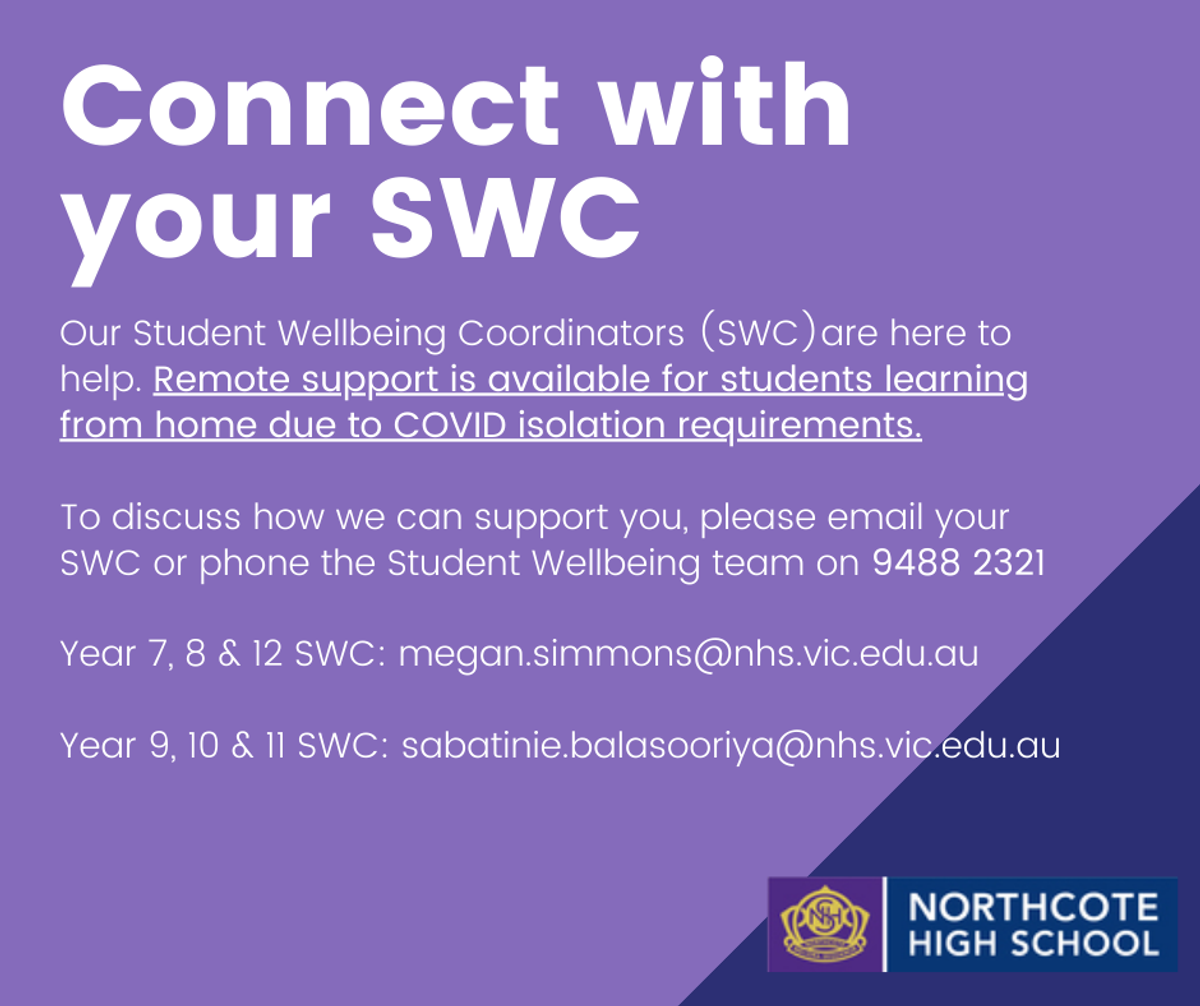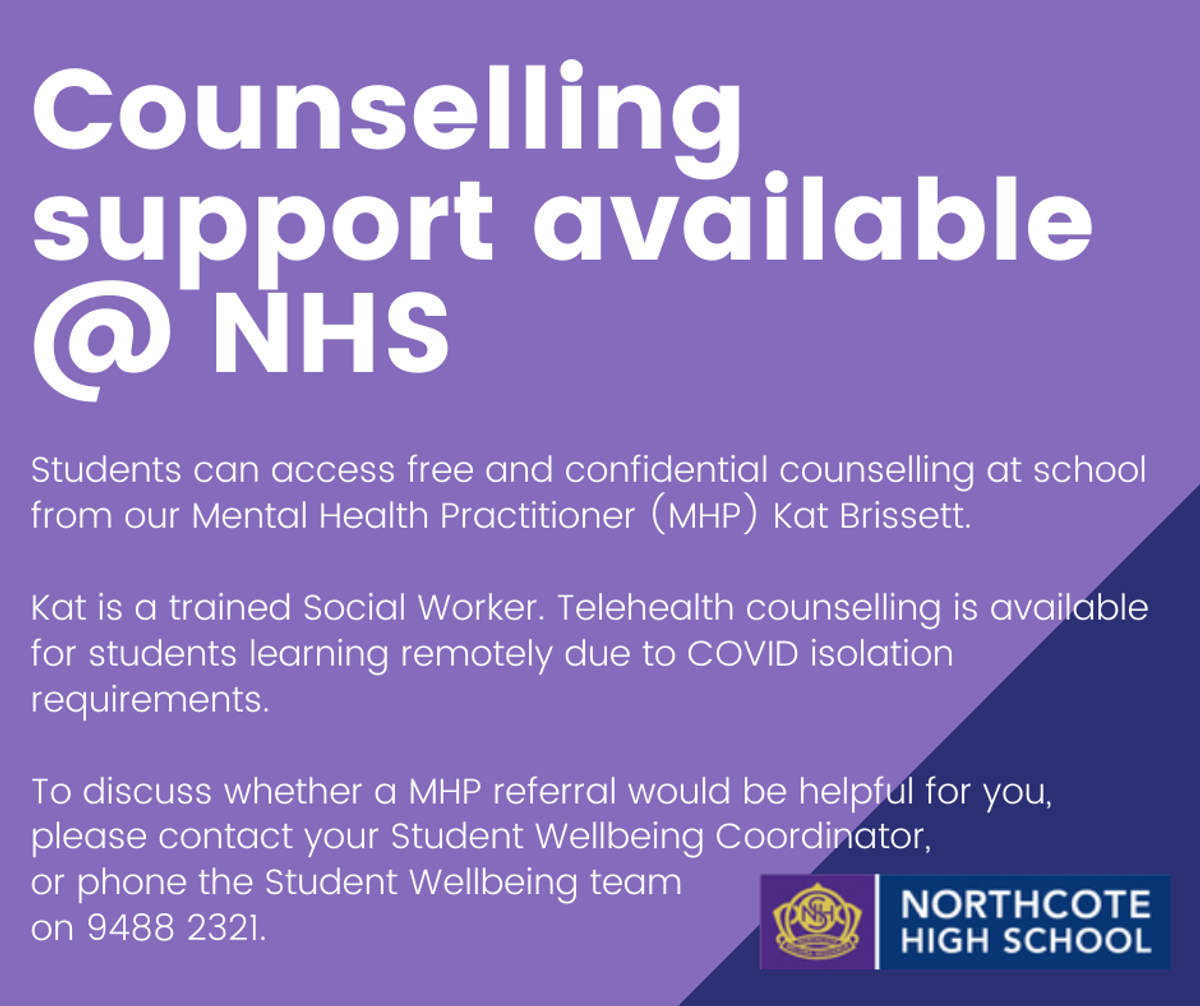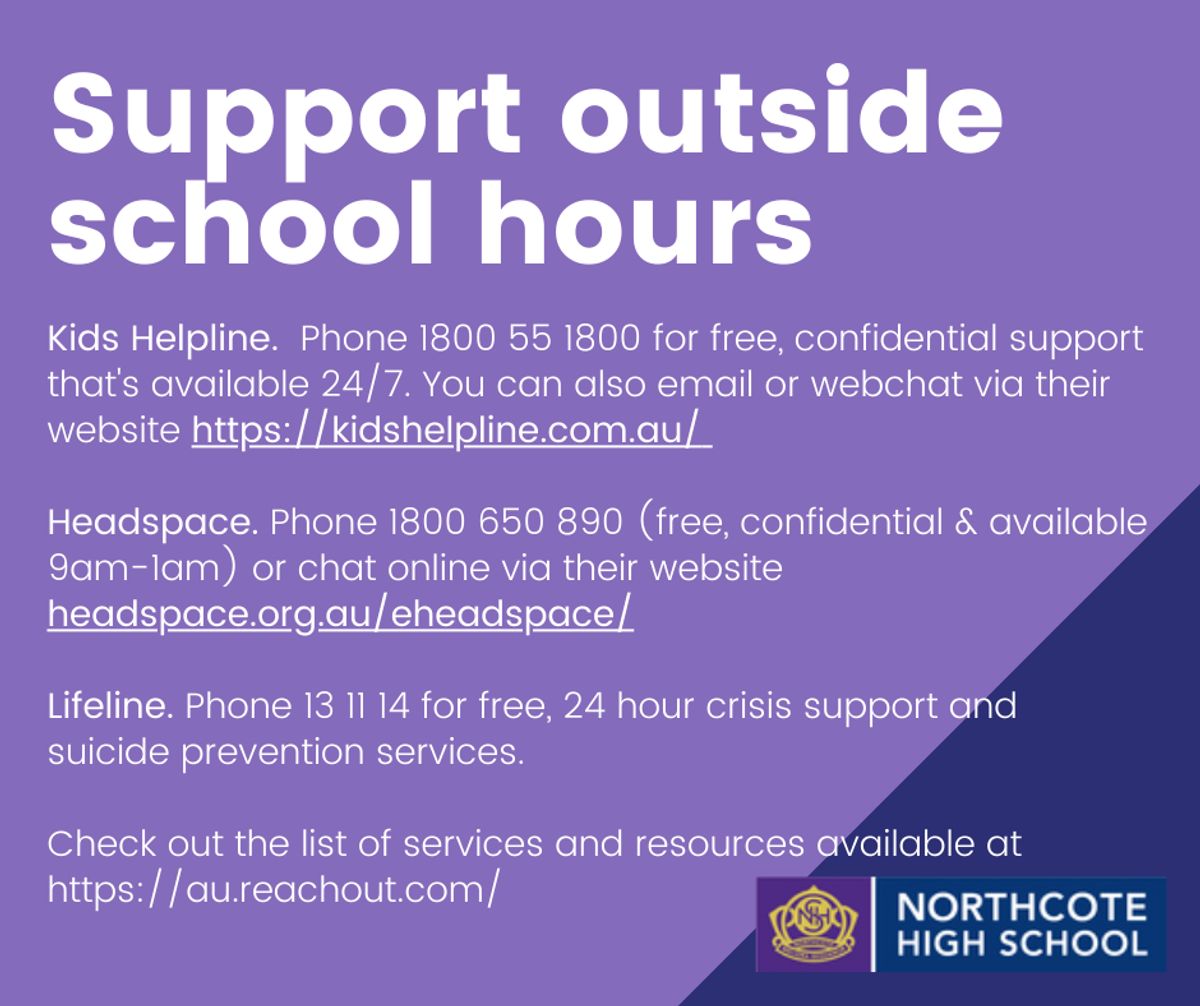Student Services News : Wellbeing

Happy Harmony Day
March 21 is the United Nations’ International Day for the Elimination of Racial Discrimination. Each year we celebrate Harmony Week in the week that includes this important day. This year, Harmony Week falls from Monday 21 – Sunday 27 March.
Harmony Week is a time to celebrate Australia’s multiculturalism – our country wouldn’t be the place it is today without the tremendous impact and service of generations of migrants. Did you know that nearly half (49 per cent) of Australians were born overseas or have at least one parent who was? Australians identify with over 300 ancestries – many of whom are represented here at NHS.
How will you celebrate Harmony Week?
Sport a splash of orange. The colour orange represents Harmony Week, as it is associated with meaningful communication, conversation, and connection.
Start a conversation. You’ll be amazed at the connections that can be built with a simple smile and hello. You can learn some simple phrases (like ‘hello’ and ‘thankyou’) online – who knows where the conversation might take you!
Speak up, speak out. Everyone has a right to feel safe and supported at school. If you see or hear something that doesn’t sound right, don’t be a bystander - speak up. There are lots of ways to support people from different cultural backgrounds and If you are experiencing racism, there are people who can help. You can speak to a trusted teacher or a member of the Student Wellbeing team to learn more.
Get involved. The Centre for Multicultural Youth (CMY) provides an opportunity for young people to build their advocacy skills and influence the work of CMY. Young people from refugee and migrant backgrounds can be a part of the CMY’s Youth Advisory Group. Read about the actions of last year’s members here.
It’s that time of year… coping with the pressures of assignments
It’s Week 8 which might mean that CATs, SACs and other assessments are piling up. It’s normal to be feeling the crunch at this time of the year – but if stress or anxiety are getting out of control, there are people who can help. Students can connect with a member of the Student Services Wellbeing team to discuss strategies that might help when things get tough.
Understanding stress, knowing what you can do when it strikes and how you can best prepare for it can help students who experience academic stress and anxiety. There are lots of things that students can do manage their stress, including:
Be mindful of your caffeine intake
Caffeine increases adrenaline which can make you feel more excited, cause your heart to race or make your muscles grow tense. Though it’s tempting to think that caffeine will help you concentrate on your studies it can actually leave you feeling fatigued, interfere with your sleep routine or make you feel irritable. When you’re hitting the books, water is your best friend.
Create a study timetable
Making a commitment to study particular subjects, at particular times, can help you stay on top of your study load. Think about how much time you need to allocate to each subject and draw out a plan. Try and mix things up – as this helps you to concentrate and ensures you don’t become bored with a single topic.
Move your body
That’s right, move away from those books, and get some exercise. Even a 15-minute walk can help you clear the cobwebs and give your brain a boost. Try and incorporate an exercise that you find fun into your daily routine. That might be organised sport, or perhaps you like to dance to your favourite tunes, do a YouTube workout or go for a walk or jog with a good audiobook (or pet!). For some more ideas, check out this list of ways to exercise that don’t feel like exercise.
Sleep tight
A good night’s sleep helps you concentrate during your tests and give you the energy you need to get through the day. It’s normal to feel a bit anxious before a test, which can make getting to sleep a bit trickier than usual. If you feel tired or don’t think you’re getting enough sleep you might like to check out Reach Out’s guide on how to get a good night’s sleep
Make time to chill
It might sound counter-intuitive – but rest, relaxation, and down time are actually some of the most important parts of a good study routine. Make time to catch up with friends, give mindfulness a go and try to find a healthy study balance that works for you. If you’re finding it hard to find this balance, book in an appointment with your Student Wellbeing Coordinator.



